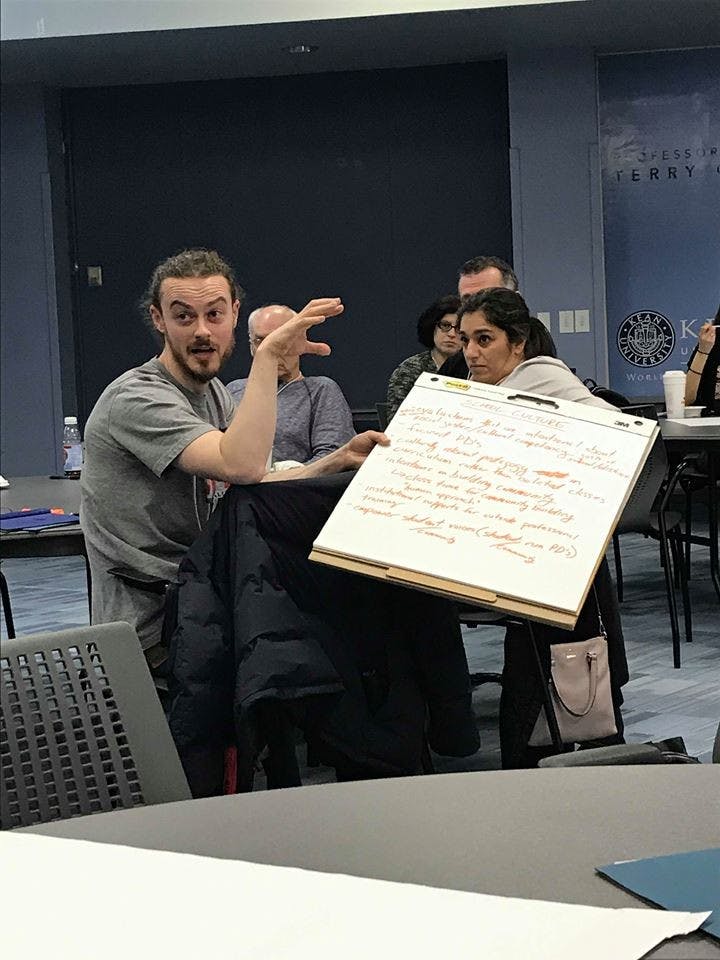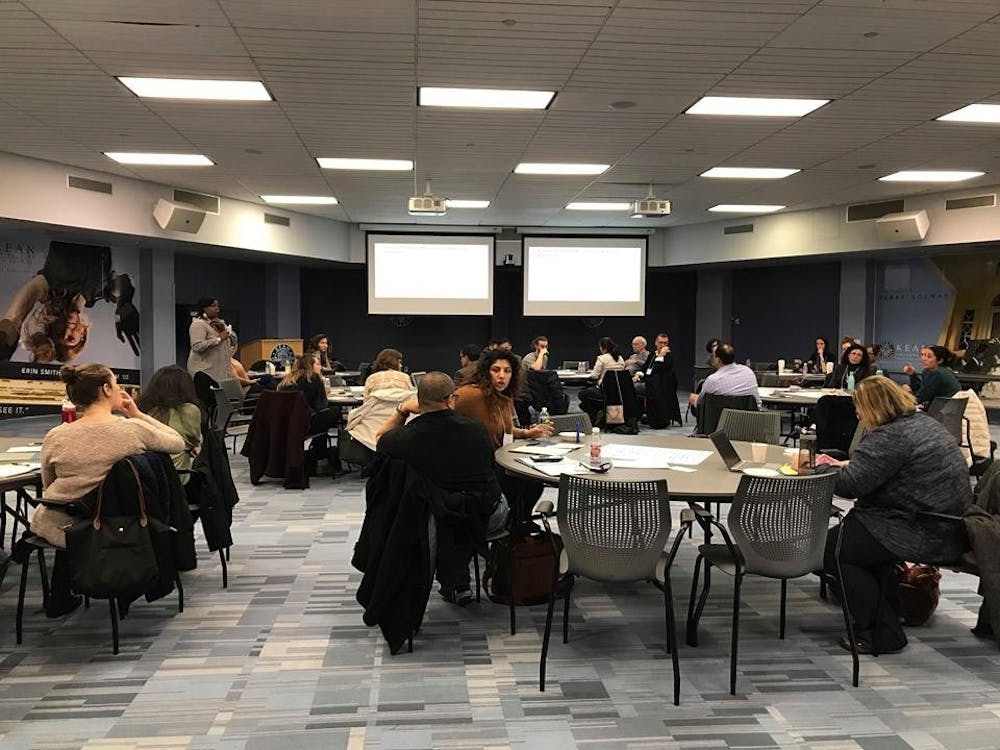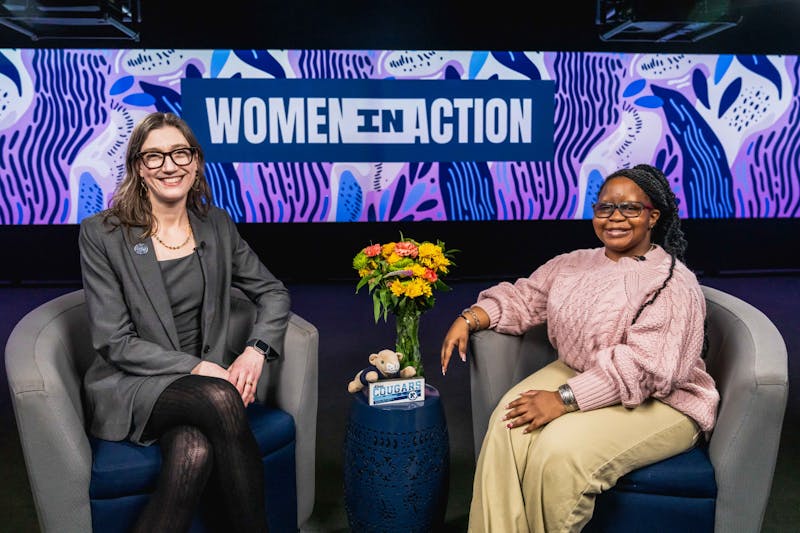"Lessons Learned: Race in the American Classroom" is an annual workshop hosted by Kean University, with this year's rendition taking place Friday, Feb. 8.
Keynote speaker and Rutgers University professor Dr. Melissa Cooper presented to over 50 teachers and administrators who belong to the Holocaust Resource Center's Council on Global Education and Citizenship, as well as Kean students during the workshop.
The goal of the workshop is to help better determine the current state of racism in our nation's school systems and what needs to be done to help better combat said ignorance in a healthy and educational manner.
"We have to talk about social justice issues in the classroom, in faculty lunch rooms and in faculty meetings," said Dr. Melissa Cooper.
"Racism has been historically perpetrated in the school and justice systems since 1740. The time for change is now," Cooper said, calling the audience to action.
Dr. Adara Goldberg, the director of the Council on Global Education and Citizenship, built upon Cooper's remarks on the importance of bringing racial disparities to the forefront of educators' discussions.
"We need to educate more teachers and students on the issue of race, bias, prejudice and how it affects all of us. Teachers have a distinct responsibility to make schools a safer and more inclusive space," Goldberg insisted.

Over 50 students and educators alike attended "Lessons Learned: Race in the American Classroom" on Feb, 8.
Each year, the Council on Global Education and Citizenship (CGEC) presents a series of general assembly meetings for educators to grapple with issues affecting their students and to identify strategies and approaches for creating safe and inclusive classroom environments.
The theme for this year's programming is "Everybody Has a Story", with additional seminars and events occurring in October of last year and again in April.
The October workshop presented a variety of perspectives on the immigrant and refugee experience in New Jersey, while the upcoming April meeting will present a panel on LGBTQ student experiences.
"We are committed to diversity and global citizenship," said Mary Sok, Council on Global education and Citizenship president.
"These programs help us address inequities in our schools," Sok continued.
Dr. Goldberg also commented on the benefits of applying the Council's and workshop's principals to actual school and classroom environments.
"A number of the historical issues Dr. Cooper brought up are also contemporary issues that could be raised in the classroom today or even framed into lessons that would allow students to analyze their own educational experiences," Goldberg explained.
Formerly known as the Diversity Council of Kean University, CGEC was founded in 1990 in partnership with Kean's College of Education, with it's only goal "to empower educators and students alike to create safe, inclusive learning environments through Common Core-aligned professional development", as per its mission statement on their website.
Looking to foster the "continued growth of active and compassionate individuals in order to reduce intolerance, harassment/intimidation, and to promote social justice in a democratic society", CGEC now proudly serves over 80 member school districts.
Those interested in obtaining more information on the CGEC or about how to join may visit their official webpage.







